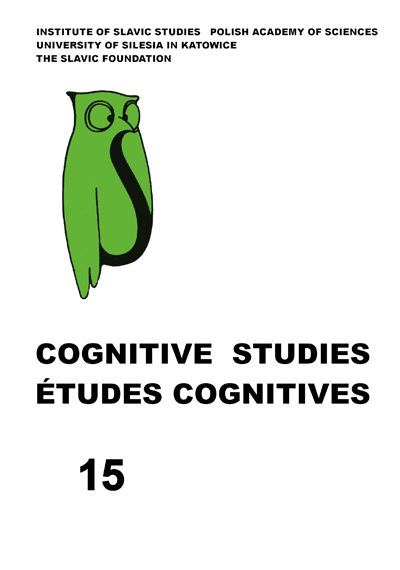On Redundancy in Describing Linguistic Systems
On Redundancy in Describing Linguistic Systems
Author(s): Vladimir Borissov PericlievSubject(s): Language and Literature Studies, Theoretical Linguistics
Published by: Instytut Slawistyki Polskiej Akademii Nauk
Keywords: redundancy; phonological and semantic systems; redundancy and ambiguity
Summary/Abstract: The notion of system of linguistic elements figures prominently in most post-Saussurian linguistics up to the present. A “system” is the network of the contrastive (or, distinctive) features each element in the system bears to the remaining elements. The meaning (valeur) of each element in the system is the set of features that are necessary and jointly sufficient to distinguish this element from all others. The paper addresses the problems of “redundancy”, i.e. the occurrence of features that are not strictly necessary in describing an element in a system. Redundancy is shown to smuggle into the description of linguistic systems, this infelicitous practice illustrated with some examples from the literature (e.g. the classical phonemic analysis of Russian by Cherry, Halle, and Jakobson, 1953). The logic and psychology of the occurrence of redundancy are briefly sketched and it is shown that, in addition to some other problems, redundancy leads to a huge and unresolvable ambiguity of descriptions of linguistic systems (the Buridan’s ass problem).
Journal: Cognitive Studies | Études cognitives
- Issue Year: 2015
- Issue No: 15
- Page Range: 149-160
- Page Count: 12
- Language: English

